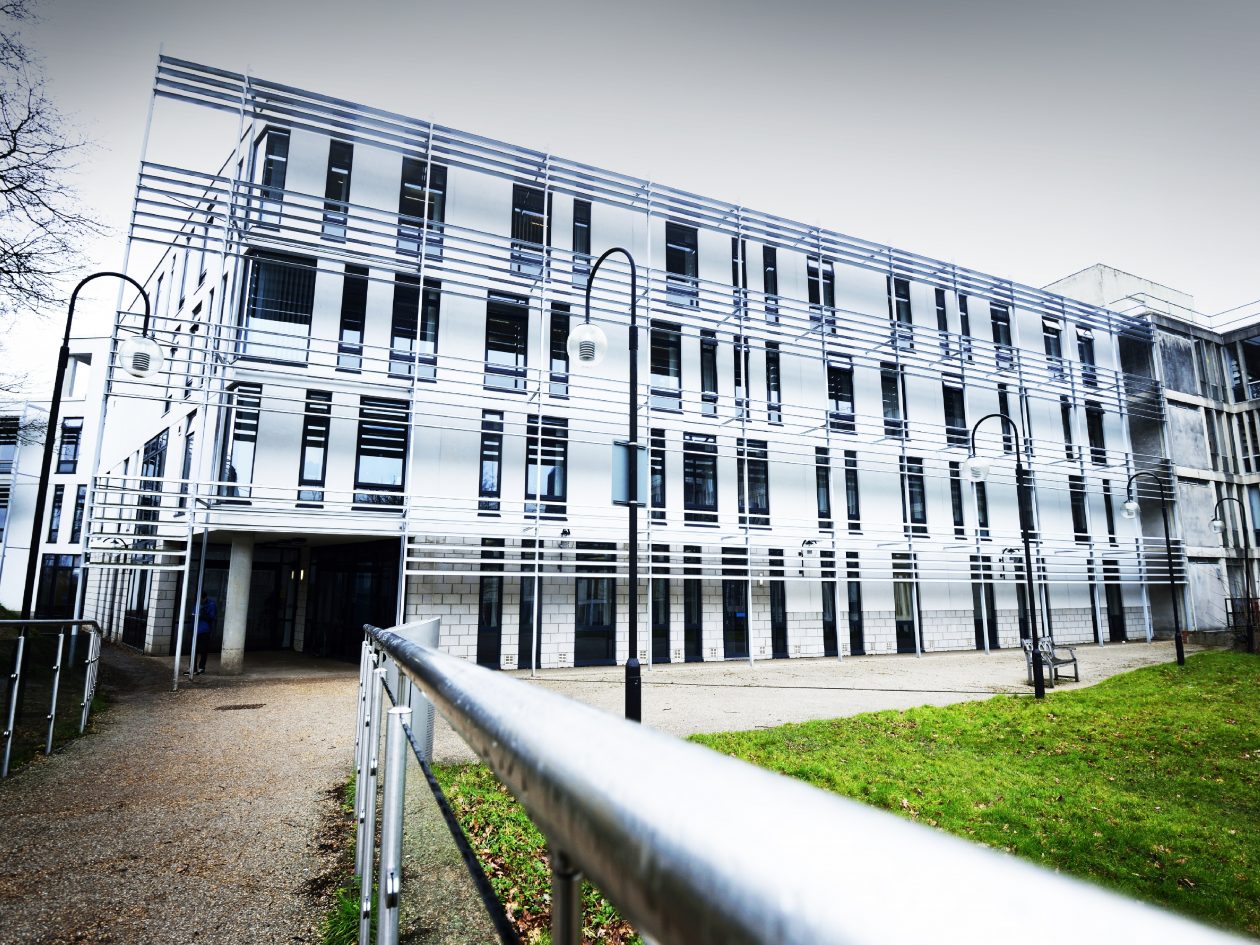The Academy of Social Sciences has announced today that it has conferred the award of Fellow on Heather Laurie, Professor of Sociology at ISER and Peter Lynn, Professor of Survey Methodology at ISER at the University of Essex.
Professor Heather Laurie MBE is a leading sociologist, in particular on women’s labour market participation and the distribution of resources within household and associated dynamics. She played a pivotal role in the development of the ESRC’s British Household Panel Survey.
Professor Peter Lynn is the leading survey methodologist in the UK, bridging academic work and applied survey research. He is the President of the International Association of Survey Statisticians and Associate Director of Methods for Understanding Society, the UK Household Longitudinal Study, developed and led by a team of survey experts at ISER.
Executive Dean for the Faculty of Social Sciences at the University of Essex, Professor Sasha Roseneil said:
“The appointment of ISER Professors Heather Laurie and Peter Lynn as Fellows of the Academy of Social Sciences recognises their outstanding contributions to quantitative social science research over many years, and is a great honour for the University of Essex. We are delighted to see their distinguished work marked in this way.”
The new Fellows of the Academy are drawn from academics, practitioners and policymakers across the social sciences. They have been recognised after an extensive peer review process for the excellence and impact of their work through the use of social science for public benefit. This includes substantial contributions and leadership in various fields, including higher education, social, economic and environmental policy, government, law, charitable foundations and think tanks.
Announcing the conferment, Professor Roger Goodman FAcSS, Chair of the Academy said:
“Each new distinguished Fellow has been recognised for their outstanding and impactful contributions in their respective fields, and will prove invaluable additions to the range of expertise within the Academy.
“This speaks not only to the power and scope of the social sciences to address the big issues of our time, but also to the growing depth and breadth of representation within the Academy as the voice of the social science community as a whole.”
